View from the Hill 12th February 2021
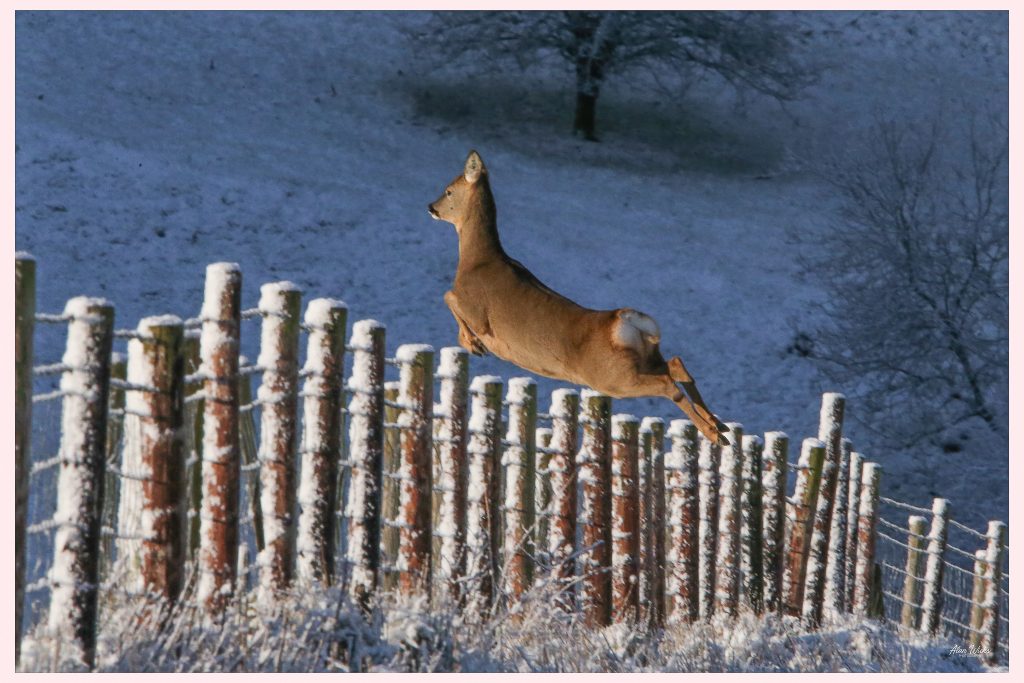
A dusting of snow made everywhere look amazing for a few hours on January 24th, a few early birds had some fun with toboggans and plastic sledges, whilst an even earlier bird was patiently waiting under a hedge for pictures like this. Alan Wickes has a fabulous collection of wildlife pictures, including many of the barn owls which live in the recently restored barn at Bere Marsh Farm, Shillingstone, which itself was purchased last year by the Countryside Restoration Trust. He has also taken some beautiful bird pictures in our bird food plots, several more are on Instagram.
This picture may look fabulous, but a Roe deer is still a deer, with teeth and an appetite. There are many deer in the district, if they are not grazing our crops they are in the woods chewing on trees. Amidst the many calls we hear suggesting we plant more trees to save the planet, important though it is, I hear very few mentioning at the same time the importance of controlling deer and squirrels, which is essential if newly planted trees are to make it to sapling let alone well shaped mature trees.
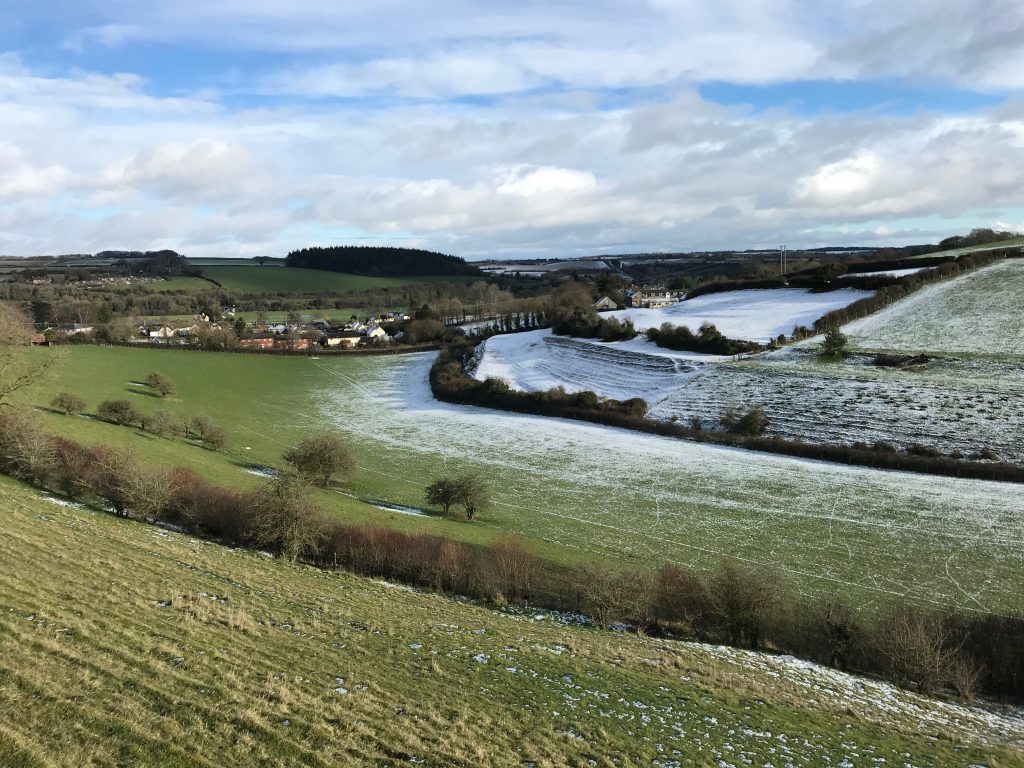
The grass fields are devoid of cattle during winter as they would only turn the pasture to mud with their big feet. The cows are better off indoors, where calving has begun, and the youngstock are still munching their way through frozen turnips this week, back to mud next week I suspect. After turnips the fields will get a dose of manure and then be sown to barley or poppies.
This week we are celebrating the fertility of our youngest bull Rocky. He arrived on the farm on April 30th last year, and was straight away introduced to a lively group of 15 heifers, amongst whom he rapidly made himself known. Photographic evidence exists of his first conquest and the young lady’s number was recorded (435). Sure enough, 9 months and 3 days later she was the first to produce a healthy bouncing calf.
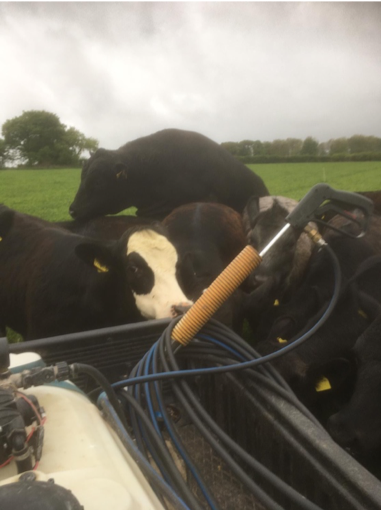
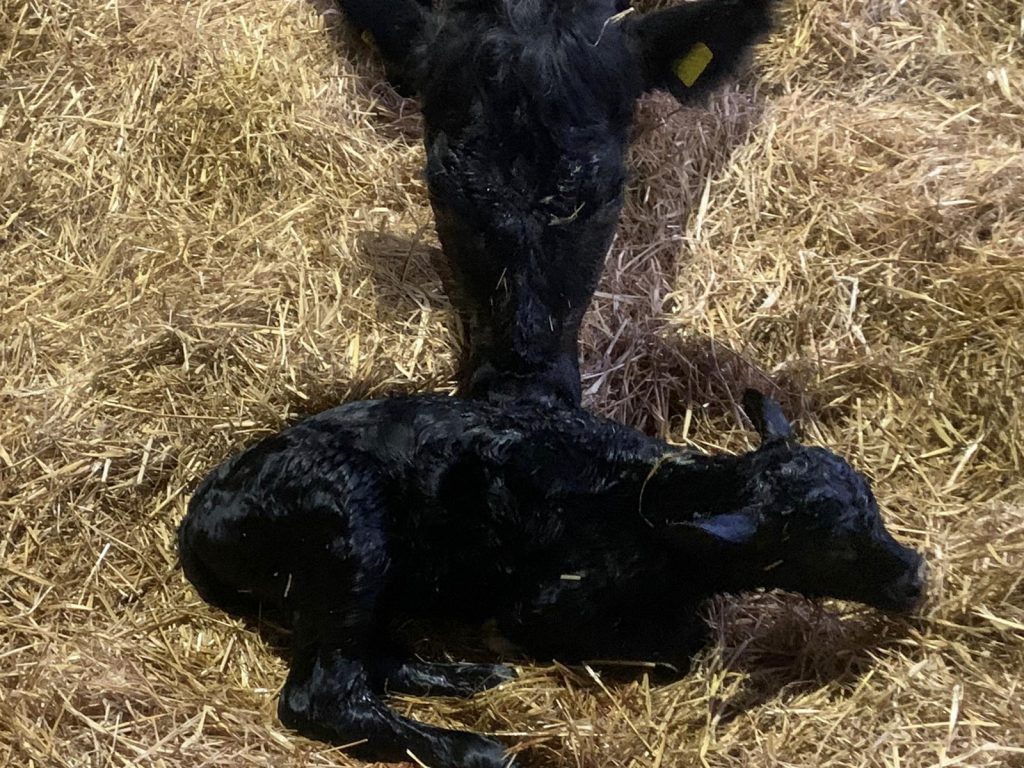
Today’s count is 8, (47 to go). 7 heifers and one cow have so far produced a calf each, and they have been shipped off to the yard at Websley to give the ‘still to calvers’ more room. Gary and Brendan mucked out the cowshed this week too, to give them a clean start with nice deep bed of clean straw, and reduce the chance of infections getting into the new born calves. The muck is being tipped up in a field where it will be turned from time to time, to make it into useful well rotted manure by autumn, when it will be spread before the next wheat crop. We have had to widen a gateway to get the muck trailers into the field, the old gateway was down a grassy drove and a muddy old mess was created every time we took a vehicle along there. The entrance is now straight off the road and into a drier part of the field than previously and the drove remains grassy.
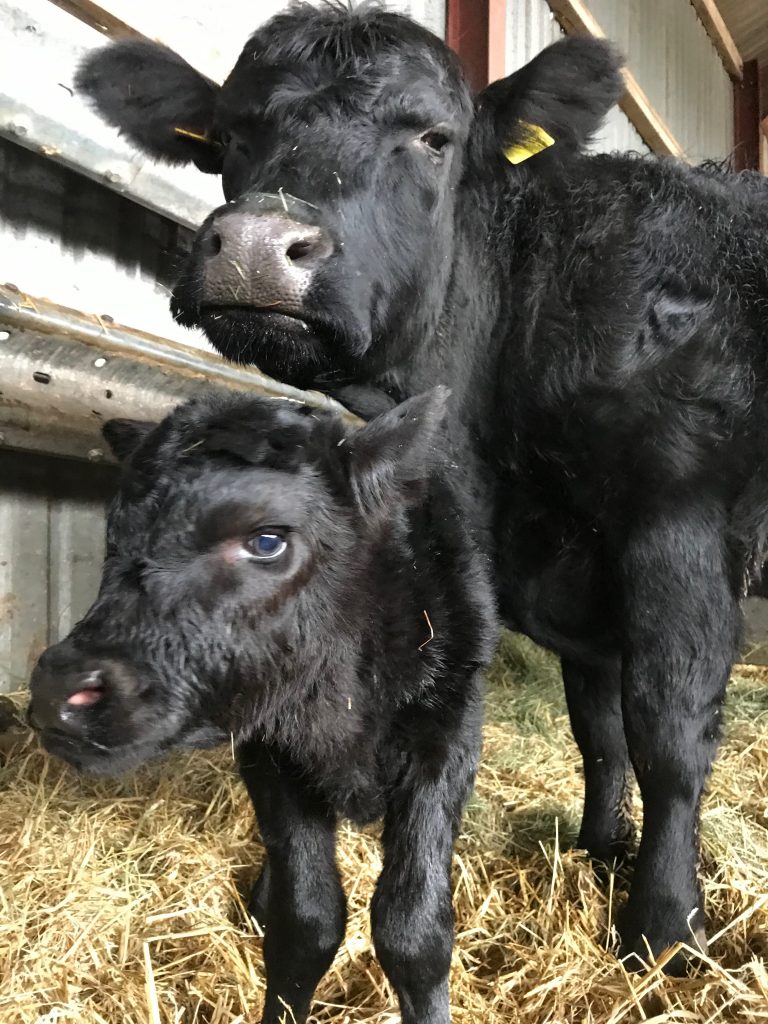
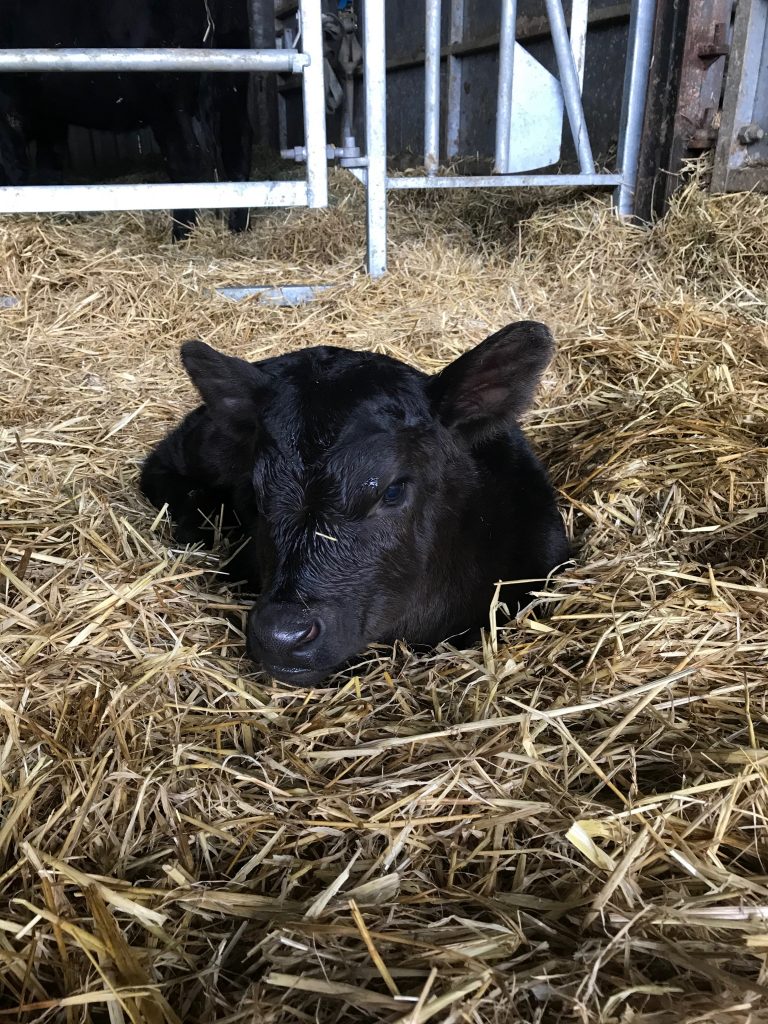
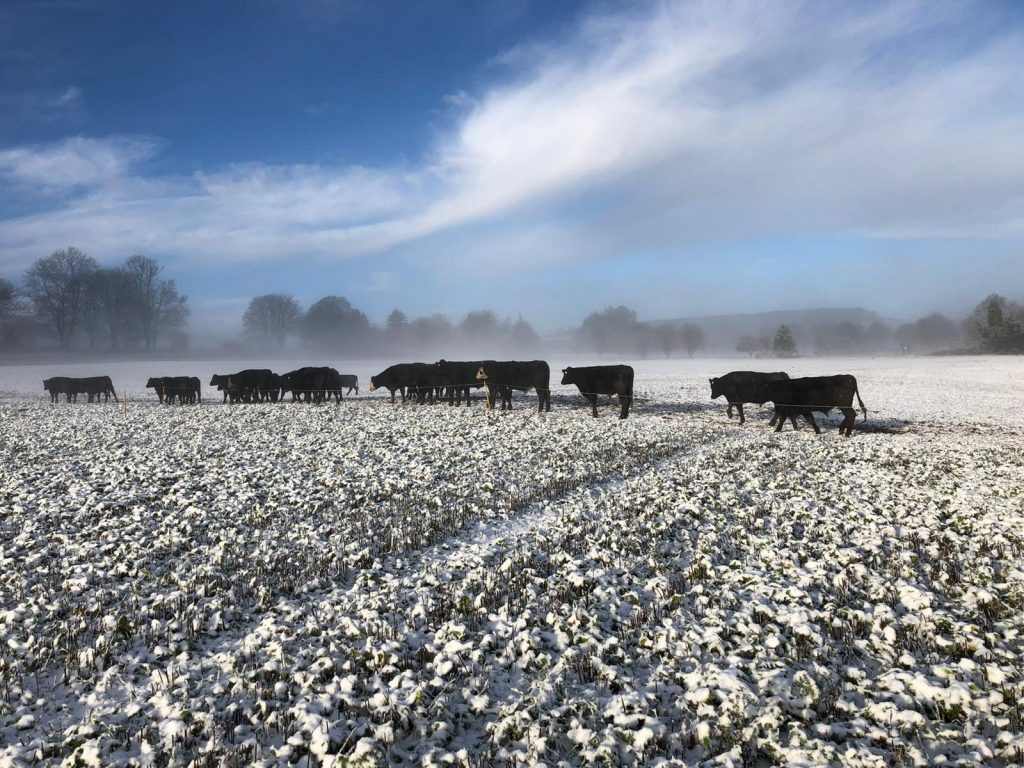
The world of farming politics is currently swamped by consultations, every time the government has a new idea it churns out another consultation document, and if we want to have any influence on the outcome, particularly if we disagree with the proposals, we are duty bound to respond. A cynic might suspect that it will make no difference, but then if new and awkward rules are the result we can at least say that we tried. The current rash of consultations includes such diverse subjects as gene editing, animal transport, urea fertiliser, the future of TB control, and the sustainable use of pesticides. Other organisations are also up to the same thing; Dorset Council have recently been consulting on its climate change strategy, I tried hard to respond but it was very tedious, and gave up before completion. Red tractor, the food standards organisation, is also consulting on a number of new standards they wish to impose on farmers and growers. Many of our food standards are already world leading, and I can’t help thinking that the desire to raise standards in the ways proposed suggests too many people with too much time on their hands. UK agriculture faces the biggest period of change any of us farming now have ever seen, having left the EU and nervously waiting to see what happens with the much trumpeted Agricultural Transition to life outside the EU. Not the best time to suggest radical changes to our assurance schemes perhaps.
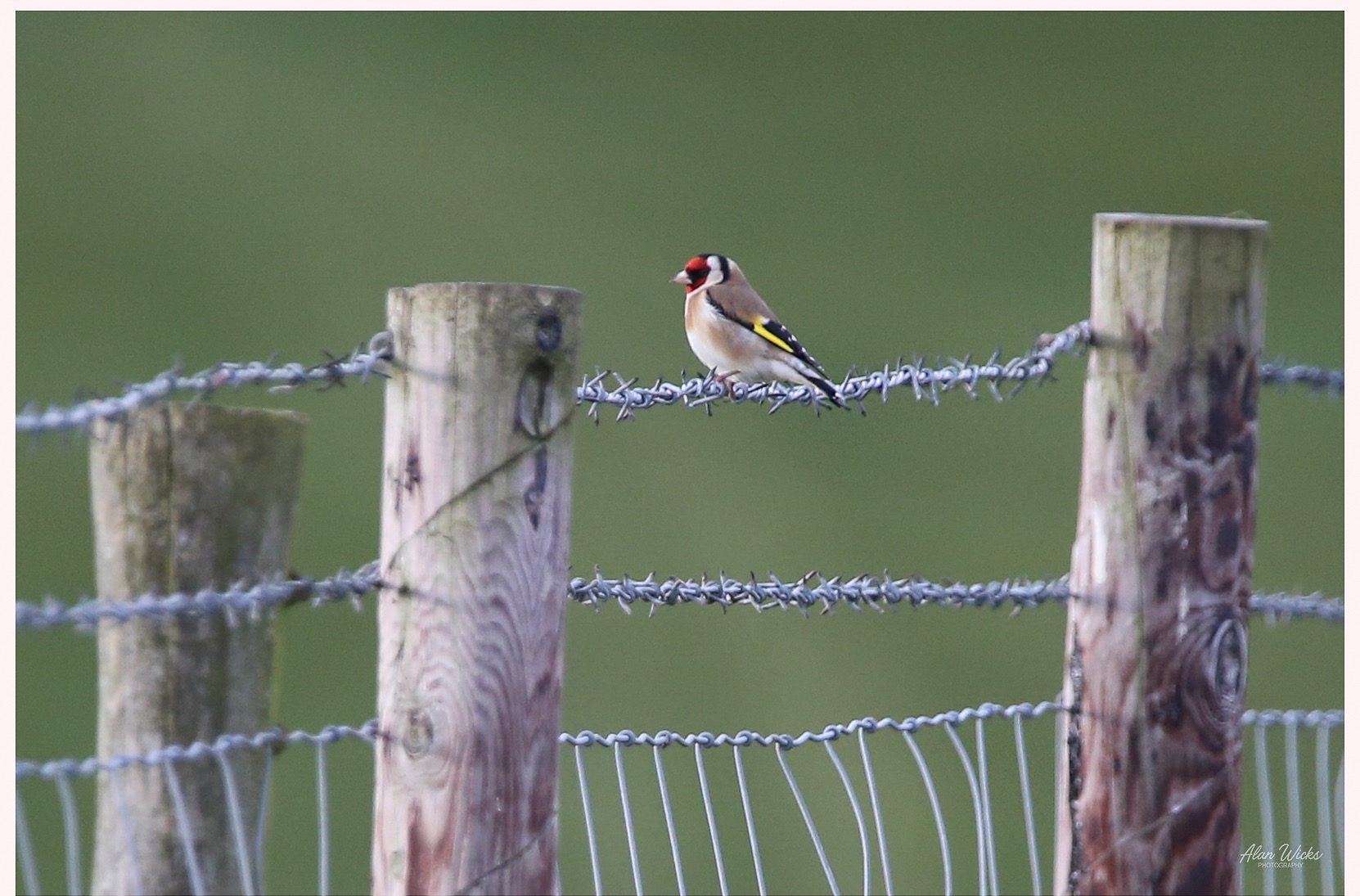
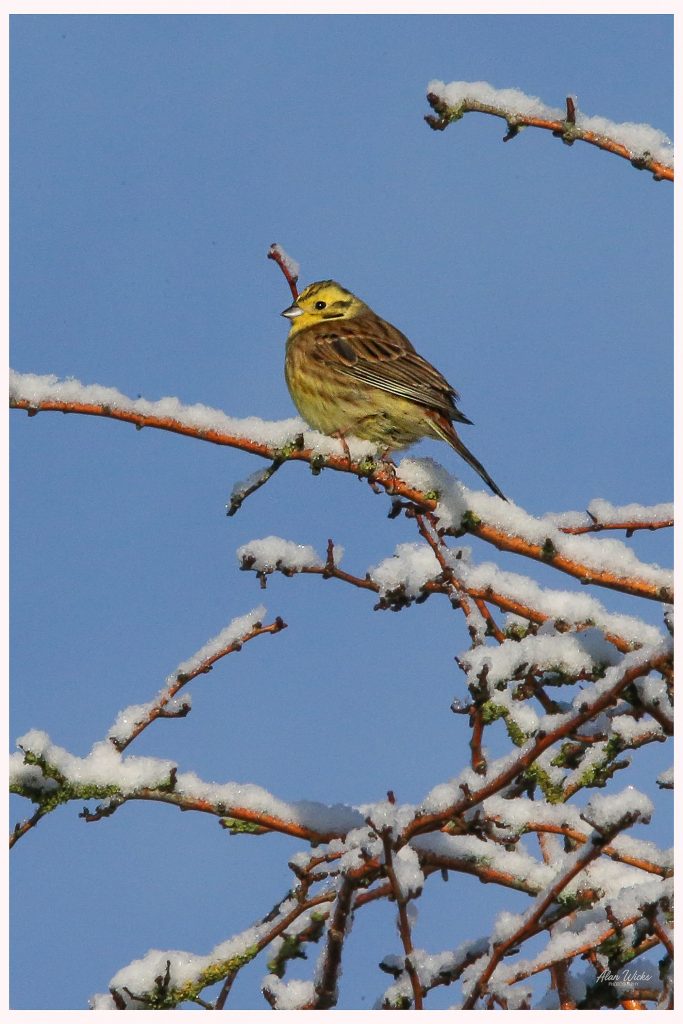
In amongst regular winter work, we are now into a project to revamp an old style 1940s steel frame building to let out to auto-electrics specialists. We are grit blasting and painting the steelwork after removing the old cladding, and will then install new insulated panels all round the walls and on the roof, and a new insulated and polished concrete floor. February showers were not helping with the painting last week, and the freeze up this week has made the grit blaster very temperamental.
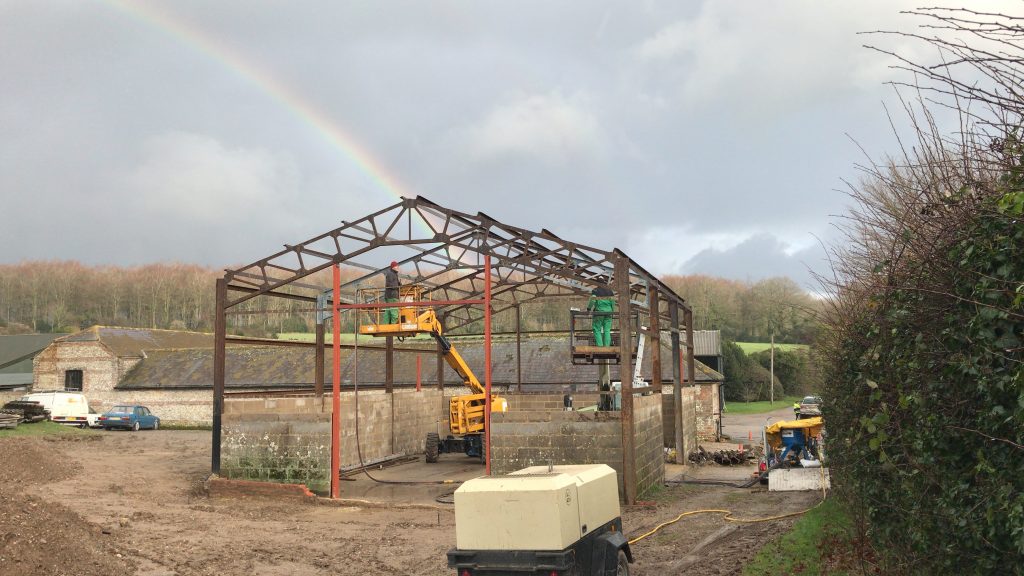
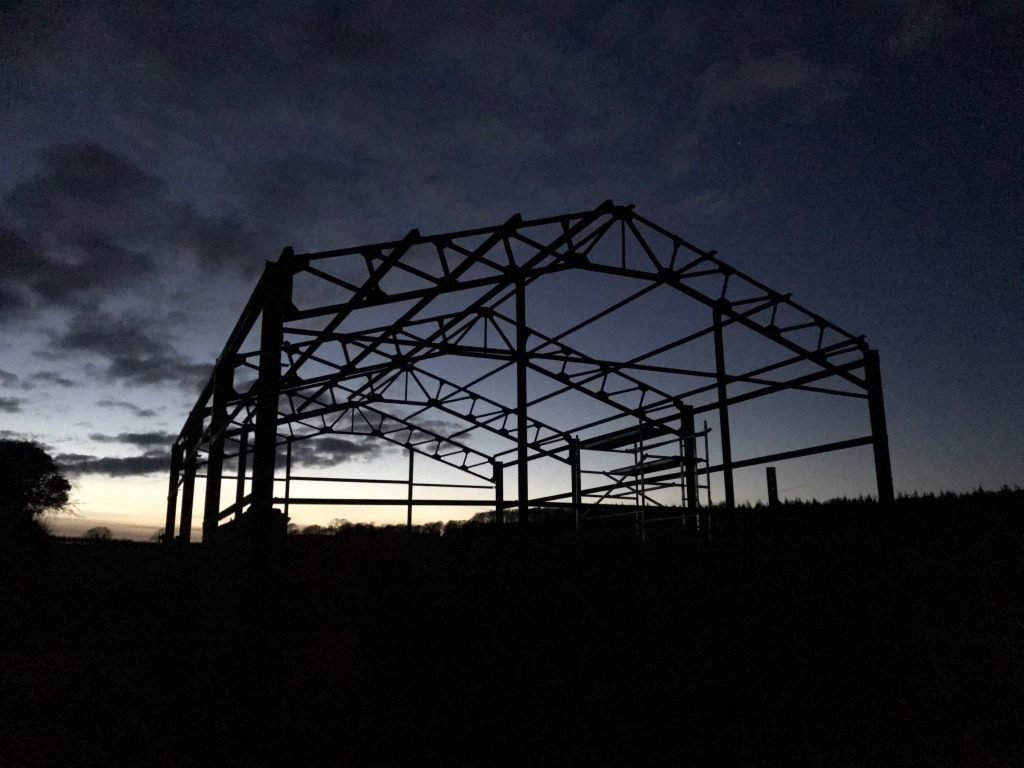
We have chicken manure, digestate, biosolids and FYM waiting for fair weather for spreading, in heaps around the farm, before we launch into spring sowing, hoping the new Sky drill arrives in time so we can try out some more no-till. Beans, spring barley and poppies are planned.
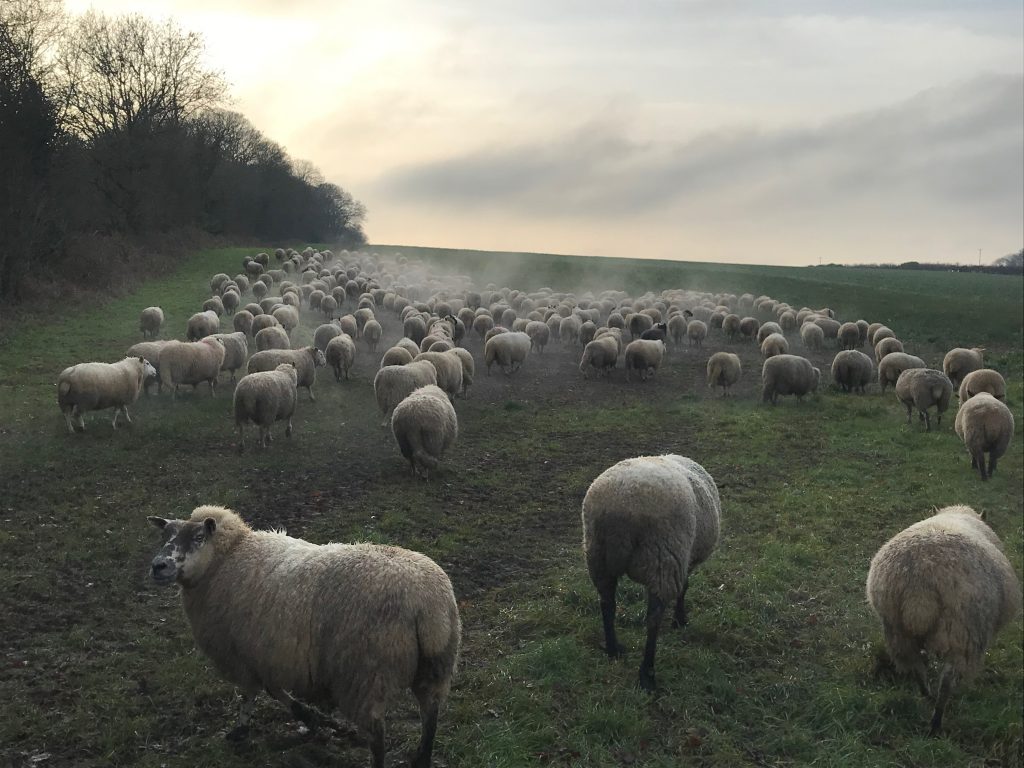
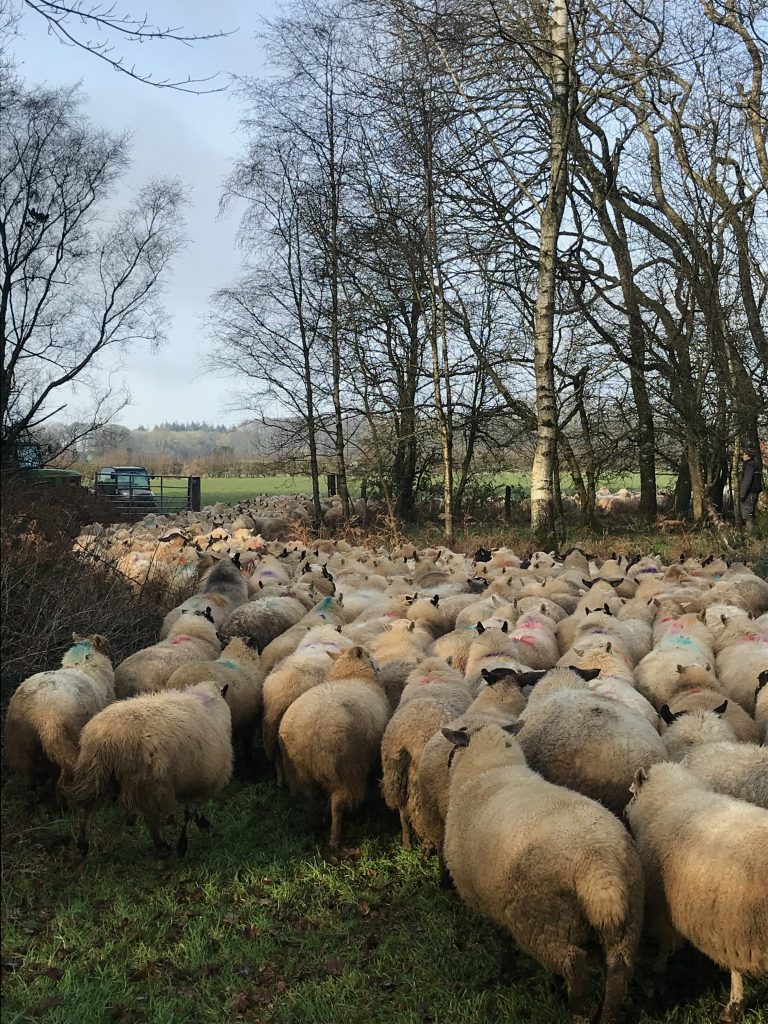
Whilst our steaming plump and pampered lowland sheep move on from grazing rape to cover crop, our sheep farmer friends in Northumberland are enduring the snowiest winter they have seen in years. They used to roar around the hills on a snowmobile to check their tough highland animals, but it was heavy and hard to deal with if it went to ground in a gully hidden by deep snow. They have now upgraded their quad bike to tracks, it is lighter, faster and more manoeuvrable. Here Tim is feeding some of their ewes from a snacker hitched to the quad, in a setting on top of the world, very near the Scottish border.
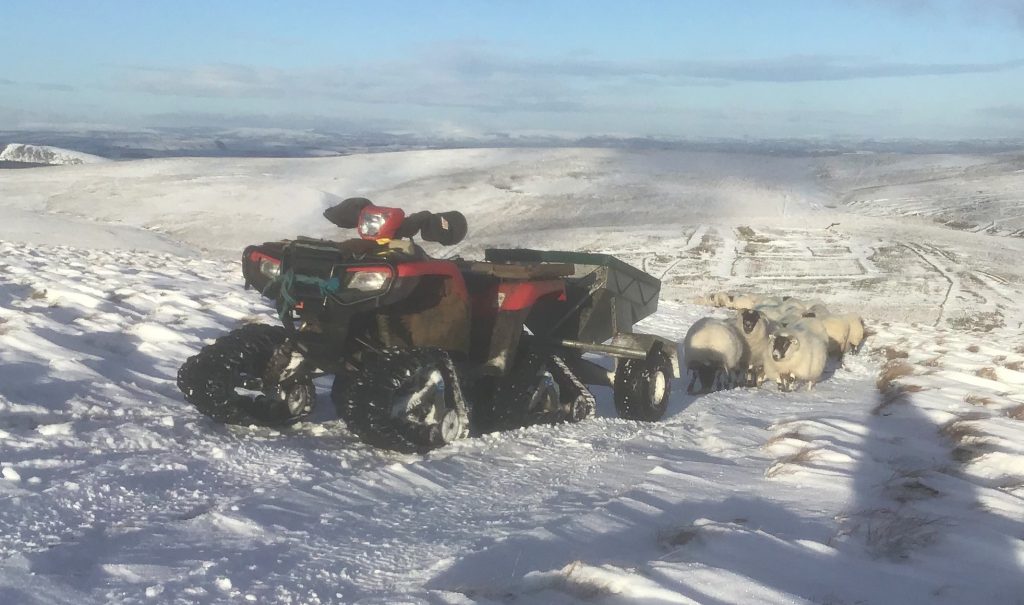
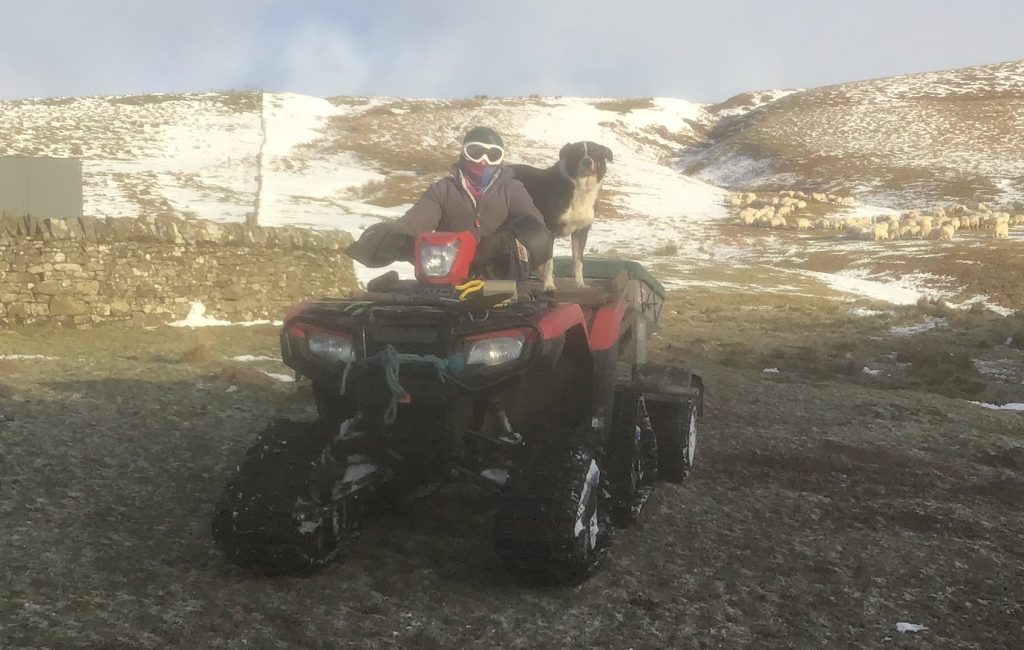


Always something new and interesting happening, a pleasure to read and stunning photos too!
Another interesting issue !
I wish that I had the time, equipment and inclination to take those sort of wildlife photos, well done to the photographers.
George, another bravura description of your enterprises. And such good looking stock…
A Professor at Sussex Uni recently asserted that to restore the English countryside all we need to do is ban pesticides and cull deer…
Dear George,
What a great 👍 variety of topics and photos…well edited should I make so bold! As a reader you give me not only a glimpse of the farm but a reminder of some of the difficulties you are presently facing…uncertainty clearly a major issue. Please continue to make the time to share in your inimitable fashion it’s a real bonus for life on hold!!
Rogxxxxx